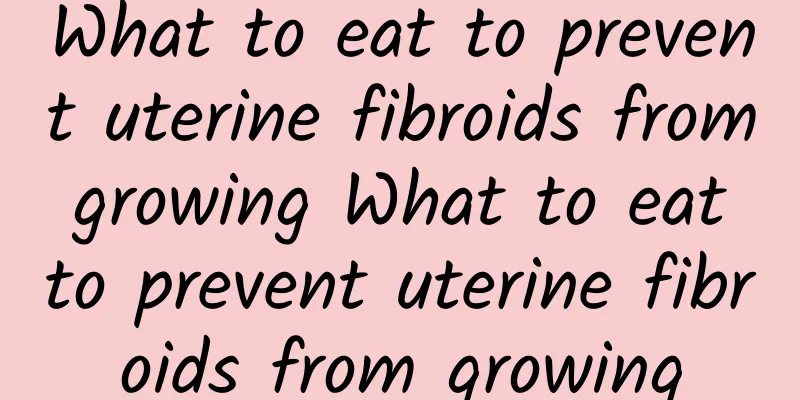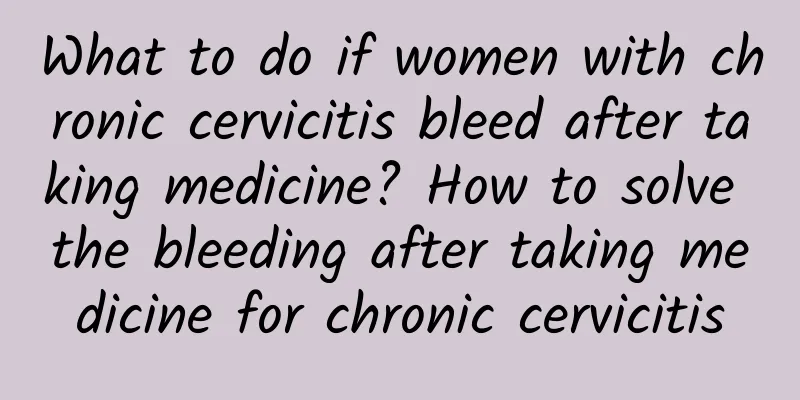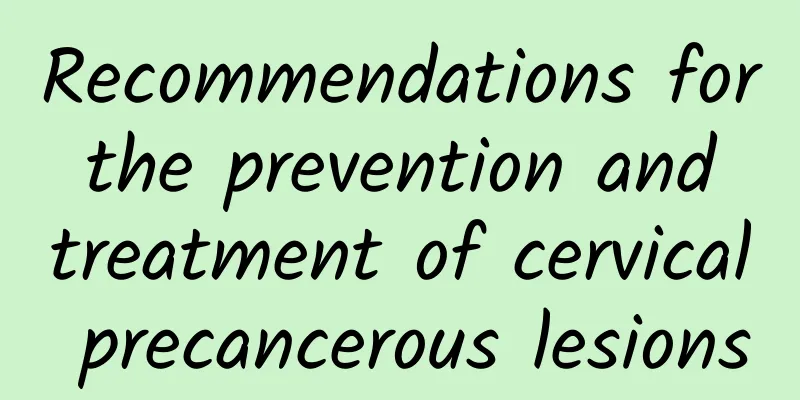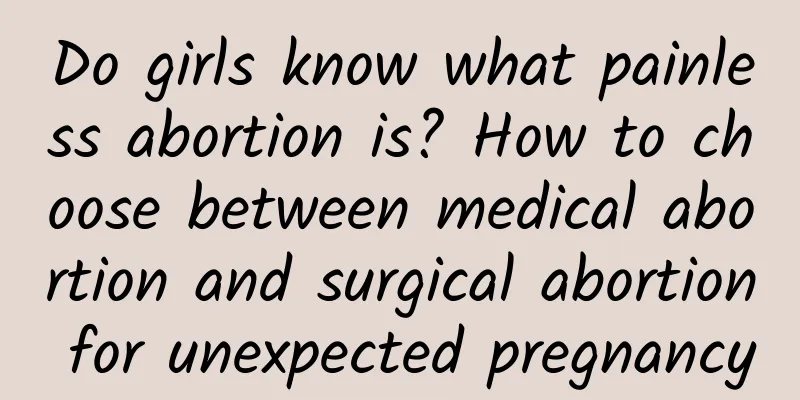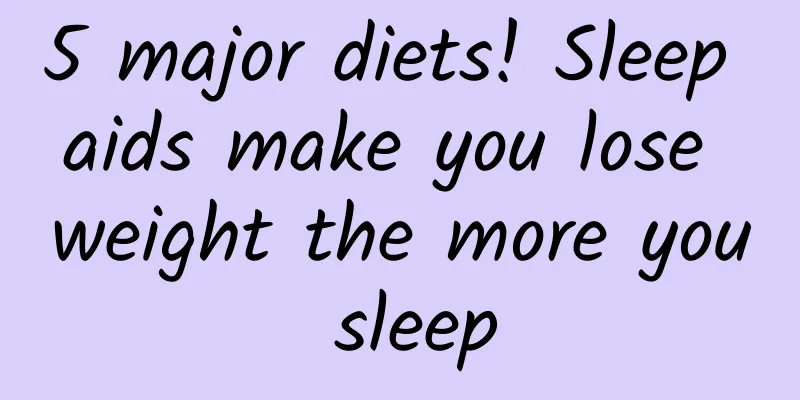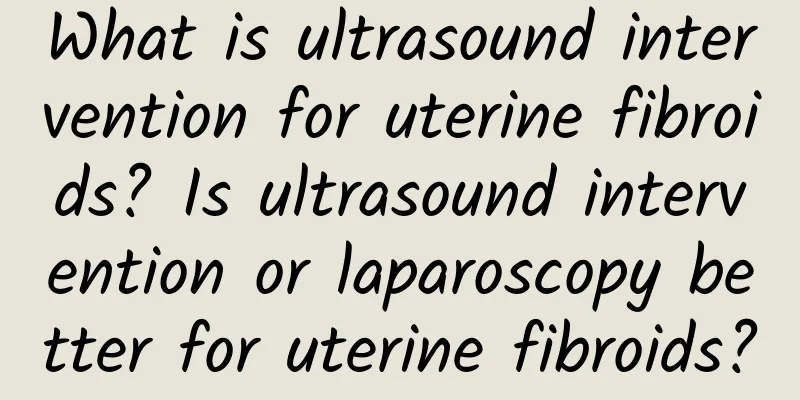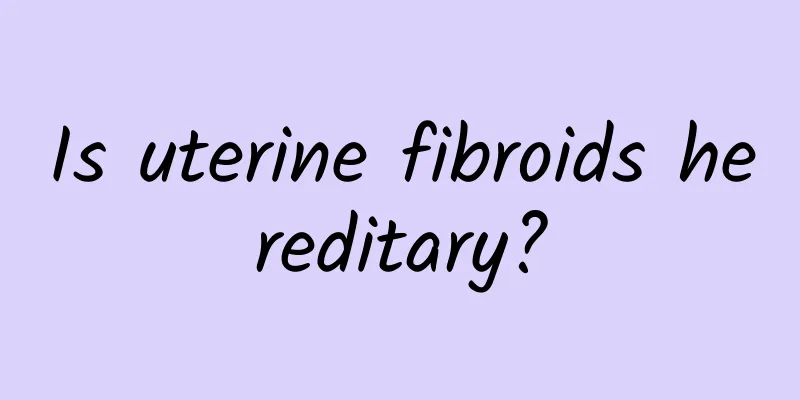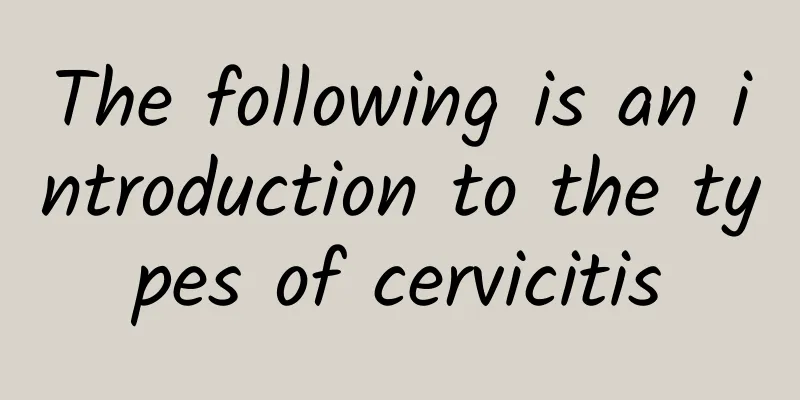What medicine can I take to eliminate uterine cysts?
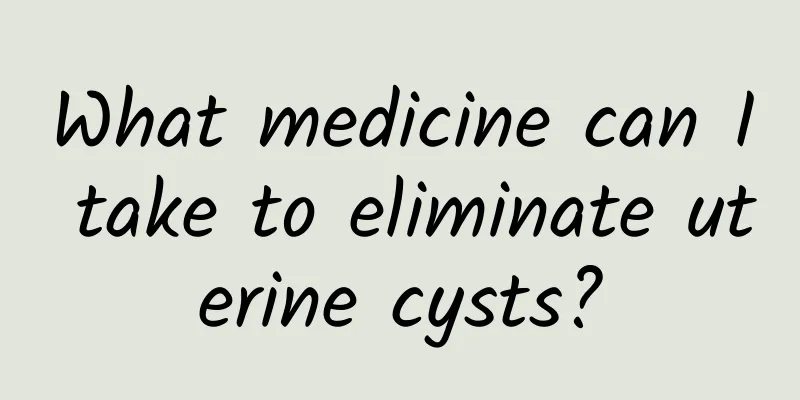
|
The treatment of uterine cysts depends on the type and symptoms of the cysts. Mild cysts may be relieved through medication, diet and lifestyle changes. In terms of medication, doctors may prescribe birth control pills, progesterone or Chinese patent medicines; in terms of diet, you should avoid spicy and greasy foods and eat more foods rich in fiber and vitamins; in terms of lifestyle, pay attention to regular work and rest and avoid overwork. 1. Drug treatment Contraceptive pills such as Marvelon and Diane-35 can regulate hormone levels and reduce cyst formation; progesterone drugs such as dydrogesterone can promote cyst absorption; Chinese patent medicines such as Guizhi Fuling Pills and Xiaoyao Pills can help relieve symptoms. These drugs should be used under the guidance of a doctor and should not be taken on your own. 2. Diet adjustment Diet can help relieve cysts. Patients should avoid spicy, fried, and high-sugar foods to reduce stimulation to the body. It is recommended to eat more fiber-rich foods such as oats and whole wheat bread to help regulate hormone balance; increase vitamin intake such as spinach and carrots to enhance immunity; and consume a moderate amount of high-quality protein such as fish and soy products to promote tissue repair. 3. Improve your living habits Good living habits can assist in the treatment of cysts. Maintaining a regular schedule and avoiding staying up late can help stabilize hormone levels; moderate exercise such as yoga and walking can promote blood circulation; reducing stress and avoiding excessive mood swings that affect the endocrine system; paying attention to personal hygiene to prevent infection. 4. Other matters needing attention Patients need to undergo regular B-ultrasound examinations to monitor changes in the cyst. If the cyst is too large or serious symptoms such as abdominal pain or bleeding occur, they should seek medical attention promptly to assess whether surgery is needed. Patients should avoid purchasing health products or folk remedies on their own to avoid aggravating the condition. The treatment of uterine cysts requires an individualized plan. Mild cysts can be relieved through medication, diet, and lifestyle adjustments, but this must be done under the guidance of a doctor. Patients should remain patient and have regular checkups. If symptoms worsen or the cyst continues to grow, they should seek medical attention in a timely manner to assess whether further treatment is needed. |
<<: Is the pregnancy inside the uterus ectopic?
>>: What are the sequelae of intrauterine adhesions after cesarean section?
Recommend
What are the symptoms of irregular menstruation
What are the symptoms of irregular menstruation? ...
Treatment costs for women with endometrial thickening
How much does it cost to treat endometrial thicke...
How big does a uterine fibroid need to be surgically removed? What are the classifications of uterine fibroids?
Introduction to this article: How much uterine fi...
What are the treatments for vaginitis?
What are the treatments for vaginitis? Vaginitis ...
Will untreated bacterial vaginosis lead to infertility?
Whether the pregnant woman is healthy directly af...
How to treat uterine prolapse? What is uterine prolapse?
Uterine prolapse is a disease in which the uterus...
How to treat multiple uterine fibroids? How to control diet for multiple uterine fibroids
How to best treat multiple uterine fibroids? Mult...
What are the early symptoms of choriocarcinoma? The main difference between choriocarcinoma and invasive mole
Choriocarcinoma is a highly malignant tumor that ...
Learn about common treatments for irregular menstruation
Irregular menstruation is a common disease among ...
Common causes of pelvic inflammatory disease
By understanding the causes of pelvic inflammator...
Pregnant women should not do these 4 actions can easily lead to miscarriage
Every family hopes to give birth to a healthy bab...
Can abortion cure postpartum disease?
After a long pregnancy, the joy and happiness of ...
Why is there fluid accumulation around the gestational sac? There are 4 reasons
The accumulation of fluid around the gestational ...
Experts classify common causes of cervicitis
Cervicitis is a gynecological disease with increa...
What is the best food to replenish blood after ectopic pregnancy surgery? It is better to eat more of these foods after ectopic pregnancy surgery
Most female friends know that ectopic pregnancy i...
